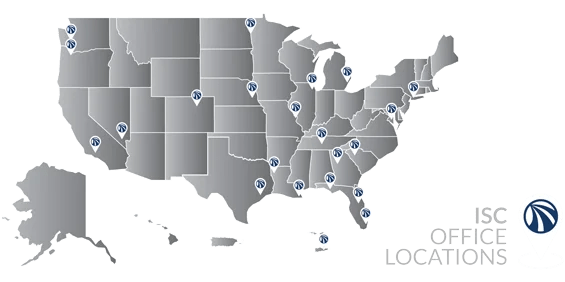The severity and impacts of the event, as well as the disaster-experience, capability, capacity, and perspective of the affected individuals and groups, will have profound effect in how recovery is defined and activities are prioritized. Similar to the other operational phases of emergency management (i.e., preparedness, response, and mitigation), recovery does not exist within a defined boundary of activities or timeframe. Recovery is a complex process in which pre-disaster emergency management practices, community cultures, and bureaucratic systems can have profound influence on the recovery process.
There is not a defined transition from response to recovery, and therefore the most daunting challenges faced during response such as debris removal, sheltering/temporary housing, and restoration of critical lifeline infrastructures often carry over into disaster recovery operations. In essence the ability to effectively manage and deliver vital short-term needs and to understand the challenges of recovery prior to the event, have a direct effect on the ability of communities to focus on broader sustained long-term recovery objectives and influence long-term recovery decisions.
There are litanies of disaster recovery activities that will be led or supported by a variety of organization types. These organizations will depend on the continued coordination and support of local, regional, and outside resources. Here are a few ‘typical’ disaster recovery activities communities should consider:
- Damage Assessments
- Debris Management
- Emergency Protective Measures
- Individual / Resident
- Housing
- Social-Psychological
- Businesses
- Small Businesses Interruption
- Large Businesses Interruption
- Key Community Organizations
- Government
- Government Owned Buildings
- Essential Community Functions
- Schools
- Infrastructure & Lifelines
- Roads & Bridges
- Public Transit
- Water Control Facilities
- Ports & Airports
- Communications
- Water & Sewer
- Electricity
- Gas
- Other Recovery Issues
- Environmental
- Historic & Cultural Resources
- Insurance
- Hazard Mitigation


